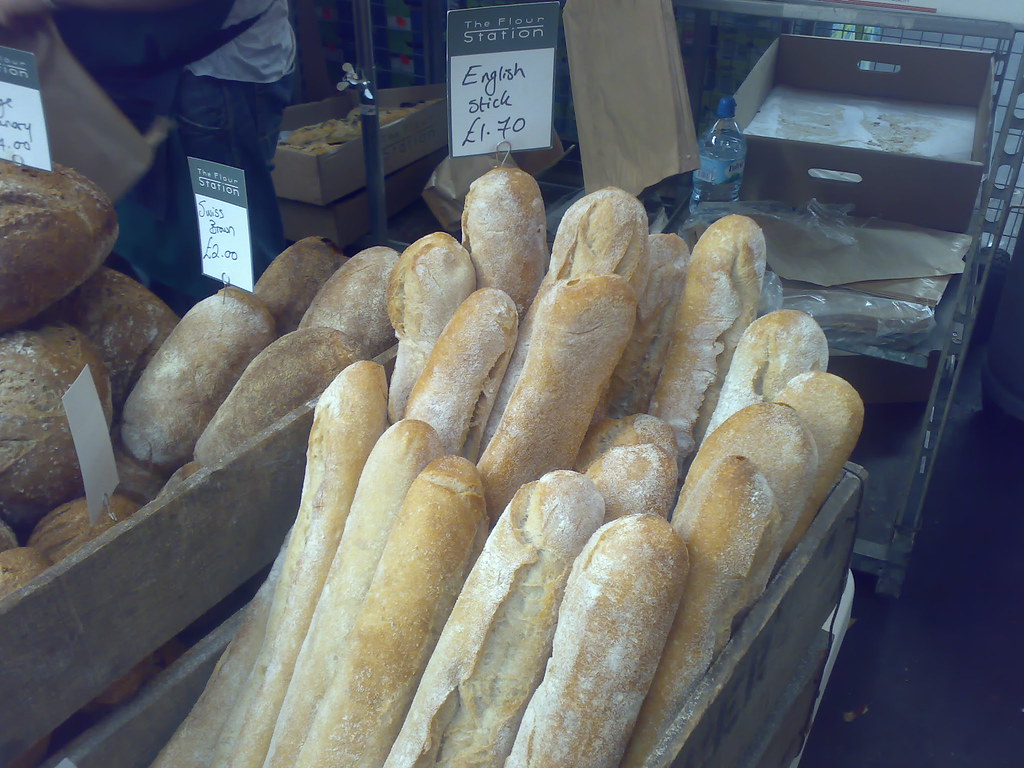In the same way, it is the basic building blocks of a cuisine, universally used and often ignored, that are hardest to replicate in another country.
Everyone knows that the Irish are fussy about potatoes, so no-one is surprised when I lament the lack of ‘balls of flour’ in English greengrocers, but even I am taken aback by how much I still miss Irish bread. Not the brown (soda) bread that I could make for myself or even buy by going to the right London supermarket, but plain old Irish sliced pan.
After years of vague disappointment every time I had toast (Kerrygold butter is available here, so I knew that wasn’t the problem) I identified the issue: it wasn’t chewy enough.
I don’t know if it’s because of the damper climate, which might affect either the wheat itself or the rising process, but Irish bread is almost without exception chewier than its English equivalent.
It’s not necessarily better, but it’s how I like it. The glutinous verb of chewing bread is familiar to me and anything else tastes like a foreigner saying “I goed” instead of “I went”.
Even grand organic freshly baked bread is usually less chewy than I want it to be, but I have finally found a source of bread that is delightfully tough, although packed with flavour.
 The Flour Station now has a weekly stall on Borough Market, where the staff are unfriendly until you show an active interest in their bread, at which point they open up and tell you in detail about their lengthy proving, the importance of the ingredients and how they are treated and how to look after the bread they are selling you. Apparently the difference is that any loaf of bread you buy from them has taken nearly 24 hours to reach its farinaceous apotheosis, which gives the gluten time to develop. Last week I spoke to a relatively junior assistant, who told me to come back when his boss was there to explain the science behind it. I plan to spend the intervening time reading Harold McGee’s account of bread-making, so as to be able to ask intelligent questions. In the meantime, I will live on the memory of the country levain, the English stick and even the olive-oil laden focaccia.
The Flour Station now has a weekly stall on Borough Market, where the staff are unfriendly until you show an active interest in their bread, at which point they open up and tell you in detail about their lengthy proving, the importance of the ingredients and how they are treated and how to look after the bread they are selling you. Apparently the difference is that any loaf of bread you buy from them has taken nearly 24 hours to reach its farinaceous apotheosis, which gives the gluten time to develop. Last week I spoke to a relatively junior assistant, who told me to come back when his boss was there to explain the science behind it. I plan to spend the intervening time reading Harold McGee’s account of bread-making, so as to be able to ask intelligent questions. In the meantime, I will live on the memory of the country levain, the English stick and even the olive-oil laden focaccia.

No comments:
Post a Comment